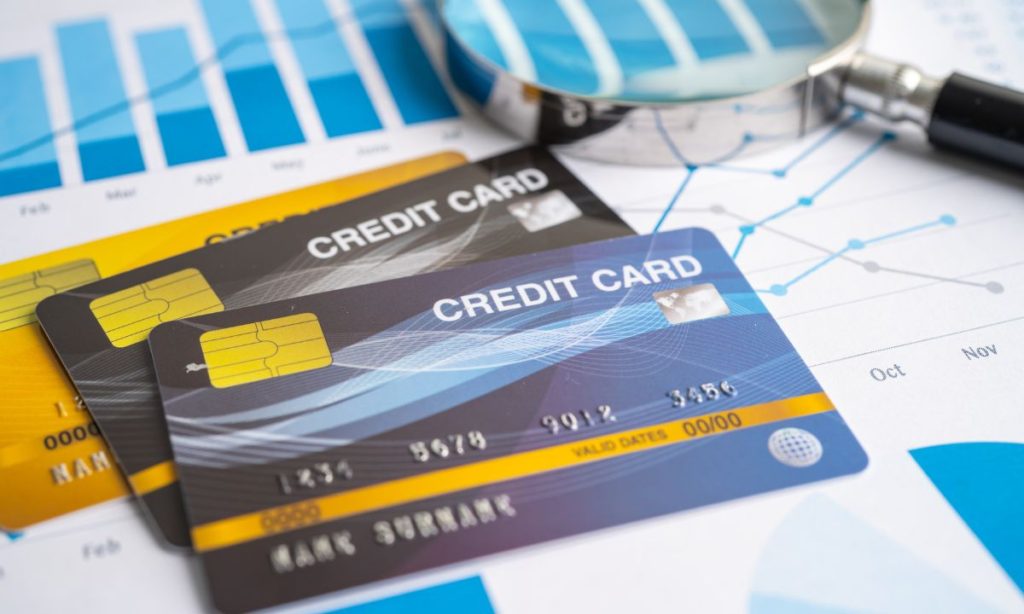 If your credit card debt is piling up, a cash-out refinance could be the solution you need to manage your financial situation. By leveraging the equity in your home, you can consolidate your high-interest debts into a lower-interest mortgage, potentially giving you relief from hefty monthly payments.
If your credit card debt is piling up, a cash-out refinance could be the solution you need to manage your financial situation. By leveraging the equity in your home, you can consolidate your high-interest debts into a lower-interest mortgage, potentially giving you relief from hefty monthly payments.
How a Cash-Out Refinance Works
A cash-out refinance allows you to replace your existing mortgage with a new one that’s higher than what you currently owe. The difference is then provided to you in cash, which you can use to pay off your credit card debt or other high-interest obligations. Here’s a breakdown of the process:
- Apply for a refinance: Contact a mortgage lender to initiate the refinance process.
- Home appraisal: The lender will arrange for an appraisal of your home to determine how much equity you can borrow.
- Loan approval: You can typically borrow up to 80% of your home’s equity, minus what you still owe on your mortgage.
- Pay off debt: Once the loan is approved, the funds are used to pay off your credit card and other high-interest debts.
- New mortgage payments: You then begin making monthly payments on your new mortgage, which generally carries a lower interest rate than credit cards.
Benefits of a Cash-Out Refinance for Debt Consolidation
- Lower Interest Rates: Mortgage interest rates are usually much lower than those on credit cards. By consolidating your debt, you could significantly reduce the amount of interest you pay each month.
- Simplified Payments: Instead of juggling multiple credit card bills and loan payments, you’ll only need to make one payment each month for your mortgage. This can help streamline your budgeting and reduce the chances of missing payments.
- Potential Credit Score Boost: Paying off high-interest debt like credit cards can improve your credit score over time. This could lead to better loan offers in the future.
Risks to Consider
While the benefits are appealing, there are some risks to weigh carefully:
- Potential Home Loss: Since your home serves as collateral, failing to make mortgage payments could result in foreclosure, putting your home at risk.
- More Interest Over Time: If you opt for a longer-term mortgage to lower your monthly payments, you could end up paying more in total interest over the life of the loan.
- Reduced Home Equity: Tapping into your home’s equity reduces the amount of value you have built up. This could affect your ability to sell the home or secure future loans.
A cash-out refinance could be a smart way to gain control over your credit card debt and consolidate it into a lower-interest mortgage. However, it’s important to fully understand both the short-term and long-term consequences, particularly when it comes to your home’s equity and potential interest costs. Consulting with a financial advisor or mortgage professional can help you make the right decision for your situation.




Comments on this entry are closed.